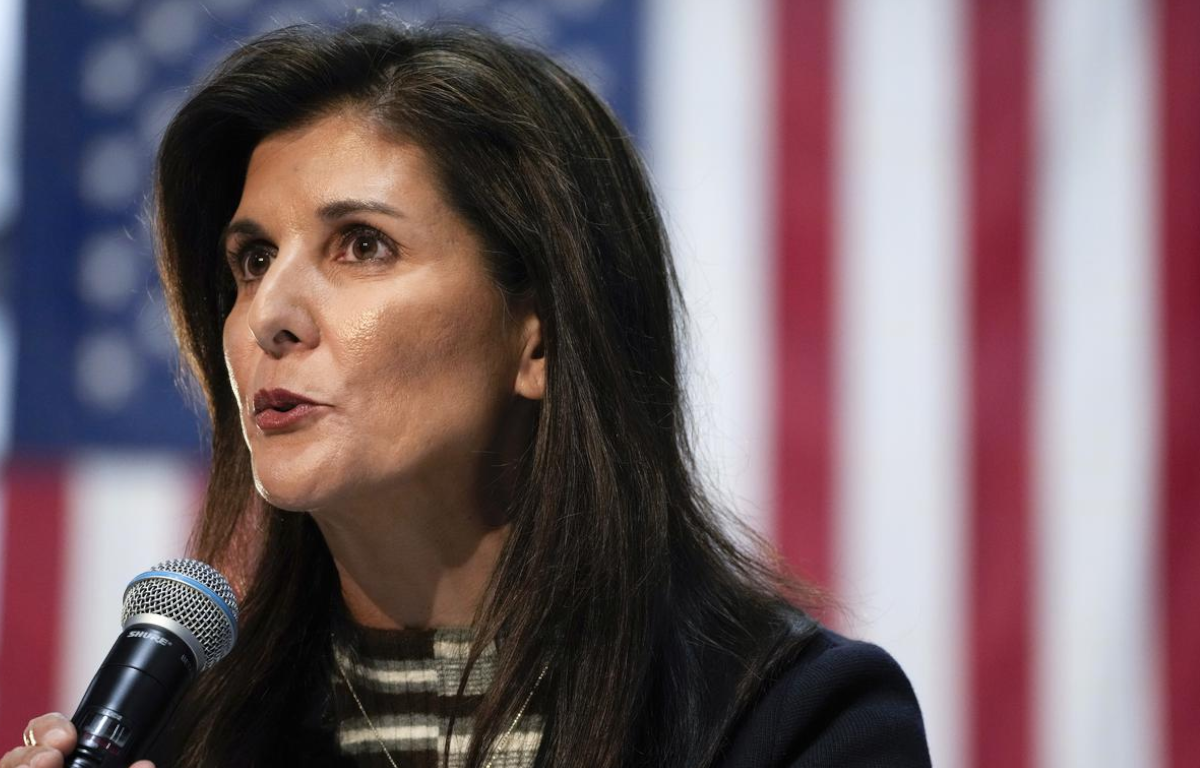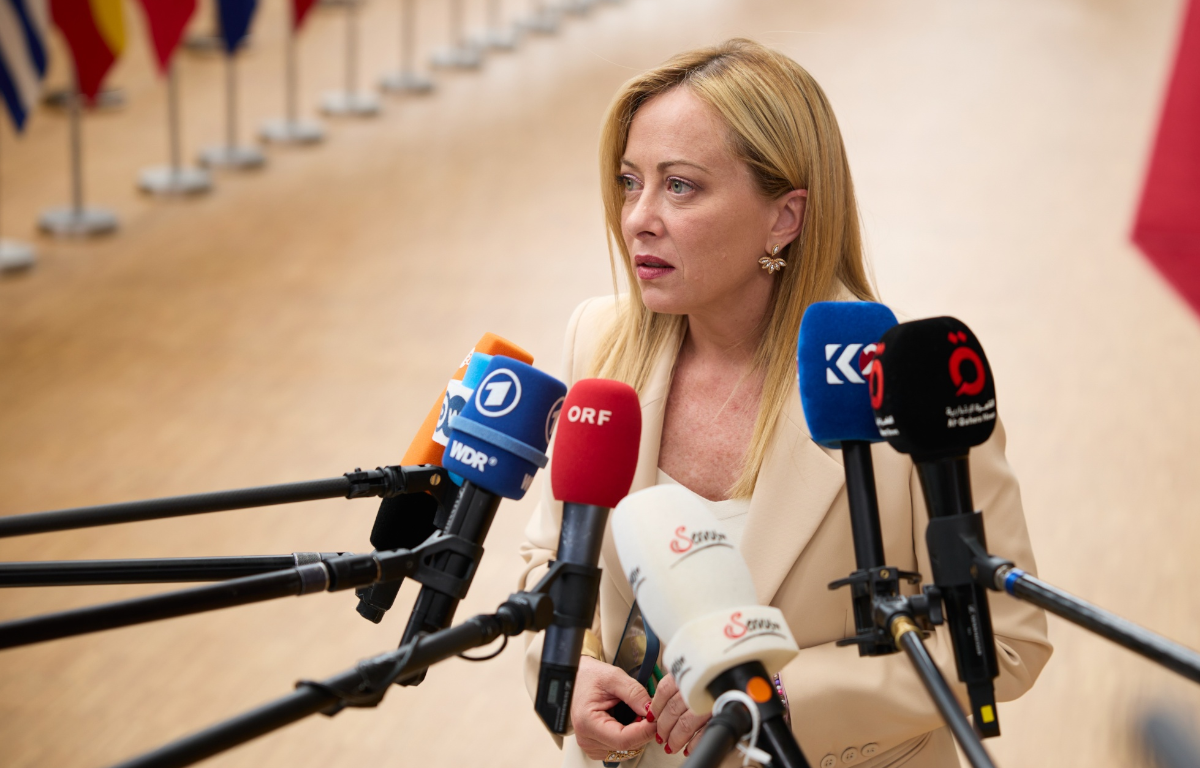
Stoltenberg’s comments highlight growing concerns within the international community regarding the coordinated efforts of countries such as Russia, Iran, and China to exert influence and undermine Western democracies.
In a recent address, Stoltenberg pointed to a troubling trend where authoritarian regimes are increasingly collaborating and aligning their interests to counter Western values and interests. This ‘alliance of authoritarian powers’ represents a formidable challenge to the rules-based international order and democratic principles that NATO and its member states uphold.
Russia, long viewed as a strategic adversary by NATO, has been accused of various aggressive actions, including cyberattacks, disinformation campaigns, and military interventions in neighboring countries. Iran, with its regional ambitions and support for proxy militias, also poses challenges to stability and security in the Middle East. China’s assertive actions in the Asia-Pacific region, including territorial disputes and economic coercion, have raised concerns about its intentions and impact on global dynamics.
Stoltenberg’s warning comes at a time of heightened geopolitical tensions and strategic competition between Western democracies and authoritarian regimes. The erosion of trust, the proliferation of disinformation, and the use of hybrid warfare tactics have further complicated efforts to foster constructive international relations and address common challenges such as climate change, terrorism, and nuclear proliferation.
NATO, as a key pillar of Western security architecture, plays a crucial role in countering these emerging threats and promoting collective defense among its member states. The alliance’s core principles of solidarity, deterrence, and dialogue are essential in addressing security challenges in an increasingly complex and interconnected world.
Efforts to counter the ‘alliance of authoritarian powers’ require a multifaceted approach that combines diplomatic engagement, military deterrence, economic cooperation, and support for democratic institutions. Strengthening partnerships with like-minded countries and organizations, including the European Union and other regional alliances, is also vital in advancing shared interests and values.
While acknowledging the challenges posed by the ‘alliance of authoritarian powers,’ Stoltenberg emphasized NATO’s commitment to defending democracy, individual freedoms, and the rules-based international order. He called for unity, vigilance, and resilience in the face of evolving threats, highlighting the importance of collective action and strategic coordination among NATO member states.










Share this: